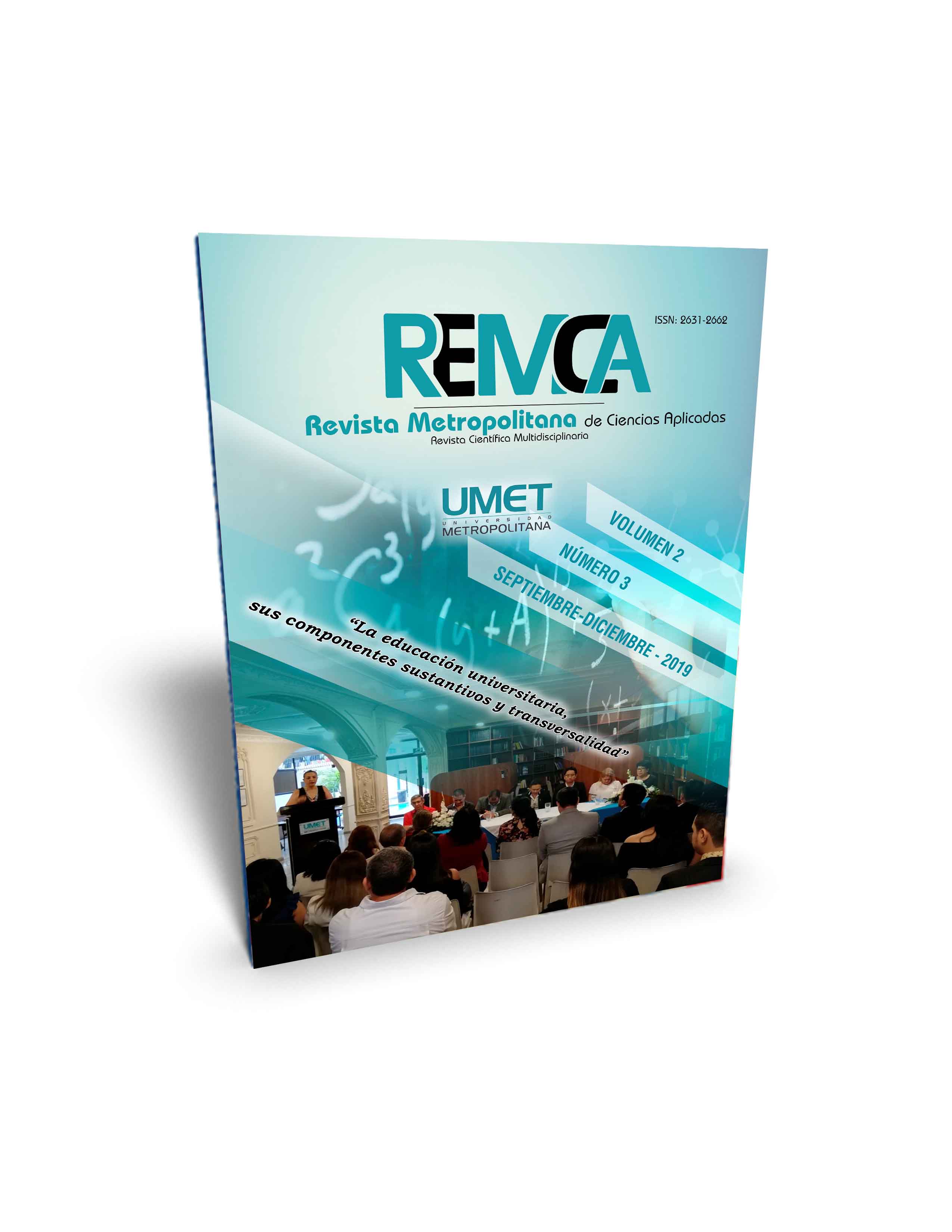Formative evaluation at the preschool level in the mexican educational context. Preliminaries for the construction of the state of knowledge
DOI:
https://doi.org/10.62452/e5d7yr06Keywords:
Learning evaluation, formative evaluation, teacher's roleAbstract
This article presents an approach to the state of knowledge, on the formative evaluation at the preschool level in the Mexican educational context, is supported by the analysis of documents from national and international contexts, considering as theoretical categories the theoretical references that support to the formative evaluation, the main problems related to the evaluation, the evaluation strategies assumed and the role of feedback. The role of the teacher in formative evaluation in preschool classrooms is emphasized in order to build a culture of evaluation, from where self-promotion and co-evaluation are promoted, in the different areas of interaction, intra and interpersonal, all as a support for generate learning environments that condition the achievement of the graduation profile established in the curriculum.
Downloads
References
Anijovich, R. (2010). La Evaluación Significativa. Buenos Aires: Paidós.
Balbuena, H, et al. (2013). Cómo se lleva a cabo la evaluación en la educación preescolar. Hallazgos y reflexiones. México: SEP.
Black, P., & Wiliam, D. (2009). Developing the theory of formative assessment. Educational Assessment, Evaluation and Accountability, 21(1), 5–31. Recuperado de https://psycnet.apa.org/record/2009-02928-001
Gómez Patiño, R. & Seda Santana, I. (2008). Creencias de las educadoras acerca de la evaluación de sus alumnos preescolares: un estudio de caso. Perfiles Educativos, 30(119). Recuperado de http://www.scielo.org.mx/pdf/peredu/v30n119/v30n119a3.pdf
Gómez Meléndez, L. E., Cáceres Mesa, M. L., & Zúñiga Rodríguez, M. (2018). La evaluación del aprendizaje en la educación preescolar. Aproximación al estado del conocimiento. Revista Conrado, 14(62), 242-250. Recuperado de http://scielo.sld.cu/pdf/rc/v14n62/rc376218.pdf
Martínez López, S. E., & Rochera Villach, M. J. (2010). Las prácticas de evaluación de competencias en la educación preescolar mexicana a partir de la reforma curricular. Análisis desde un modelo socioconstructivista y situado. Revista Mexicana de Investigación Educativa, 15(47), 1025-1050. Recuperado de http://www.redalyc.org/pdf/140/14015564003.pdf
Mejía, S. (2015). Diagnóstico del Modelo de Evaluación de los Aprendizajes en Centros de Educación Inicial Públicos urbanos del cantón Cuenca. (Tesis de Maestría). Azuay: Universidad del Azuay.
México. Secretaría de Educación Pública. (2004). Programa de Educación Preescolar. México: SEP.
Moreno Sánchez, E., Sandoval Sevilla, M. T., Morales Hernández, L., Vaca Bravo, M., Zúñiga Rodríguez, A., & Ruiz, M. E. (2012). La evaluación en la educación preescolar y la experiencia de la prueba en aula con la Cartilla de Educación Básica. México: SEP.
Ortiz Varela, O., Viramontes Anaya, E., & Campos Arroyo A.D. (2013). La evaluación de aprendizajes basados en competencias en el nivel de preescolar. Ra Ximhai, 9(4), 95-105. Recuperado de http://www.redalyc.org/articulo.oa?id=46129004009
Ravela, P., Picaroni, B., & Loureiro, G. (2017). ¿Cómo mejorar la evaluación en el aula? Montevideo: Grupo Magro Editores.
SanMartí, N. (2008). 10 Ideas claves. Evaluar para aprender. Barcelona: Graó.
Santos Guerra, M. (2016). La evaluación como aprendizaje. Barcelona: Narcea.
Sañudo, Guerra L., & Sañudo Guerra M. I. (2014). Las concepciones explicitas sobre evaluación en la práctica docente en educación preescolar en Jalisco. México. Revista Iberoamericana de Evaluación Educativa,7 (1), 31-42. Recuperado de https://dialnet.unirioja.es/descarga/articulo/4704244.pdf
Downloads
Published
Issue
Section
License
Copyright (c) 2019 Maritza Librada Cáceres Mesa, María del Rocío Sánchez Islas, Consuelo Pérez Carbajal (Autor/a)

This work is licensed under a Creative Commons Attribution-NonCommercial-ShareAlike 4.0 International License.
Authors who publish in Revista Metropolitana de Ciencias Aplicadas (REMCA), agree to the following terms:
1. Copyright
Authors retain unrestricted copyright to their work. Authors grant the journal the right of first publication. To this end, they assign the journal non-exclusive exploitation rights (reproduction, distribution, public communication, and transformation). Authors may enter into additional agreements for the non-exclusive distribution of the version of the work published in the journal, provided that acknowledgment of its initial publication in this journal is given.
© The authors.
2. License
The articles are published in the journal under the Creative Commons Attribution-NonCommercial-ShareAlike 4.0 International License (CC BY-NC-SA 4.0). The terms can be found at: https://creativecommons.org/licenses/by-nc-sa/4.0/deed.en
This license allows:
- Sharing: Copying and redistributing the material in any medium or format.
- Adapting: Remixing, transforming, and building upon the material.
Under the following terms:
- Attribution: You must give appropriate credit, provide a link to the license, and indicate if any changes were made. You may do this in any reasonable manner, but not in any way that suggests the licensor endorses or sponsors your use.
- NonCommercial: You may not use the material for commercial purposes.
- ShareAlike: If you remix, transform, or build upon the material, you must distribute your creation under the same license as the original work.
There are no additional restrictions. You may not apply legal terms or technological measures that legally restrict others from doing anything the license permits.




